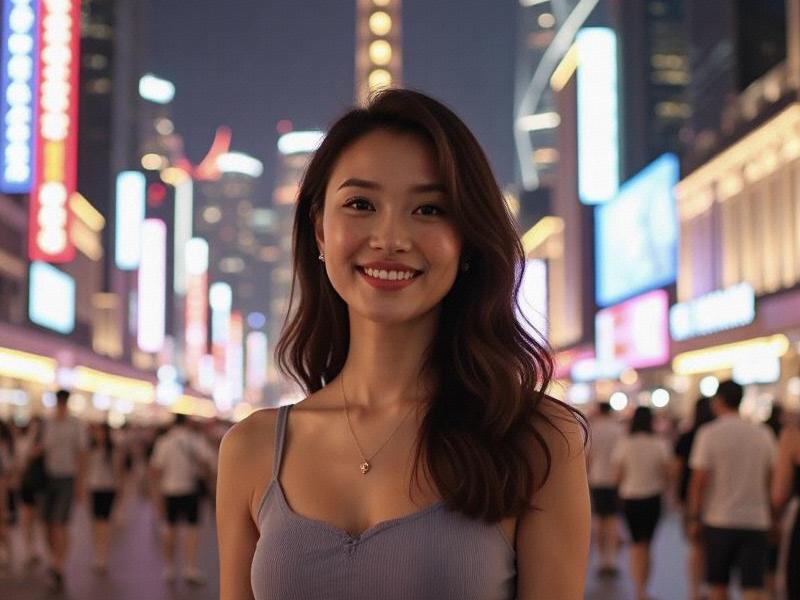This 2,500-word investigative feature explores how Shanghai's entertainment venues serve as microcosms of the city's social transformation, from historic jazz clubs to modern luxury karaoke palaces.

[PROLOGUE: THE CITY THAT NEVER SLEEPS]
At 10pm on a Friday evening, the neon lights of Shanghai's entertainment districts begin their nightly transformation. In the French Concession, jazz spills from restored 1930s villas. Across the river in Pudong, executives unwind in soundproofed karaoke rooms costing ¥10,000 per night. This is Shanghai after dark - a complex ecosystem where business, pleasure and culture intersect in ways unique to China's most cosmopolitan city.
[CHAPTER 1: HISTORICAL CONTEXT]
1. Golden Age (1920s-1940s)
- The birth of Shanghai jazz
- Dance halls and social change
- Wartime entertainment culture
2. Socialist Era (1950s-1970s)
- State-run cultural palaces
- Revolutionary performance art
- Underground entertainment scenes
3. Reform Period (1980s-present)
- KTV revolution
- Western-style club emergence
- Luxury venue boom
新夜上海论坛 [CHAPTER 2: CONTEMPORARY LANDSCAPE]
1. Venue Typology Analysis
- Business KTV establishments
- High-end cocktail bars
- Underground music spaces
- Themed entertainment complexes
2. Economic Impact
- Nightlife GDP contribution
- Employment statistics
- Commercial real estate effects
3. Cultural Significance
- Creative industry networking
- Expat community hubs
- Youth culture formation
[CHAPTER 3: REGULATION AND INNOVATION]
新上海龙凤419会所 1. Government Policies
- Licensing systems
- Operating hour restrictions
- Safety regulations
2. Industry Responses
- Membership models
- Cultural programming
- Technology integration
3. Pandemic Adaptations
- Hybrid entertainment formats
- Health protocol innovations
- Delivery service expansion
[CHAPTER 4: SOCIAL DIMENSIONS]
1. Clientele Demographics
- Generational preferences
- Gender dynamics
上海娱乐联盟 - International vs local patrons
2. Workforce Conditions
- Talent development
- Labor rights progress
- Career mobility
3. Community Relations
- Noise pollution solutions
- Neighborhood integration
- Cultural preservation efforts
[EPILOGUE: FUTURE OF NIGHTLIFE]
Urban sociologist Dr. Michael Chen observes: "Shanghai's entertainment venues represent more than leisure spaces - they're laboratories for China's evolving social contracts, where tradition and modernity negotiate new terms of engagement."
[APPENDIX: 2025 INDUSTRY SNAPSHOT]
- Licensed venues: 3,850+
- Nighttime economy value: ¥87 billion
- Employment: 210,000+
- International chains: 42
- Cultural events hosted: 1,200+ annually